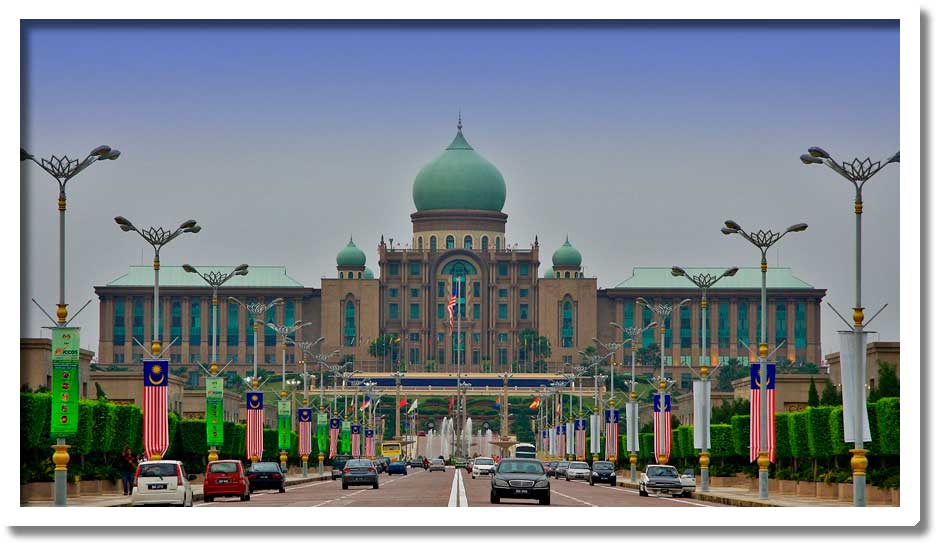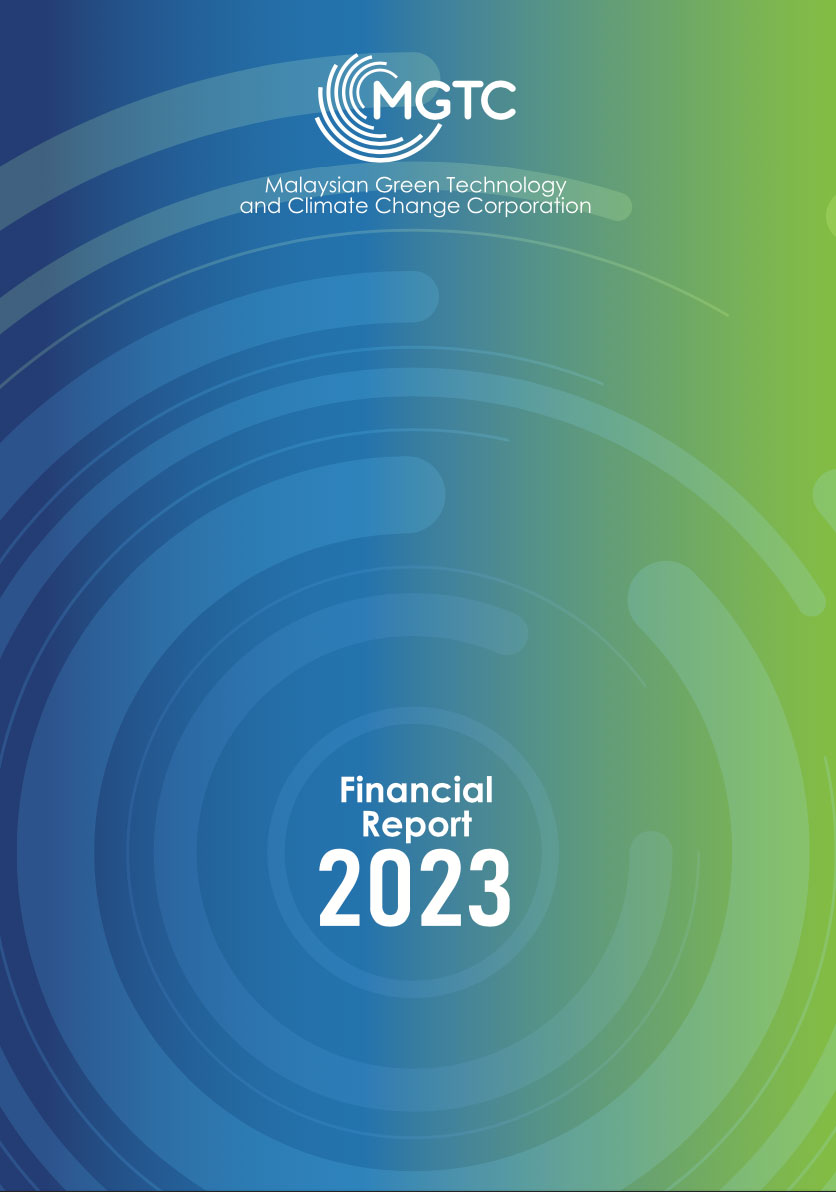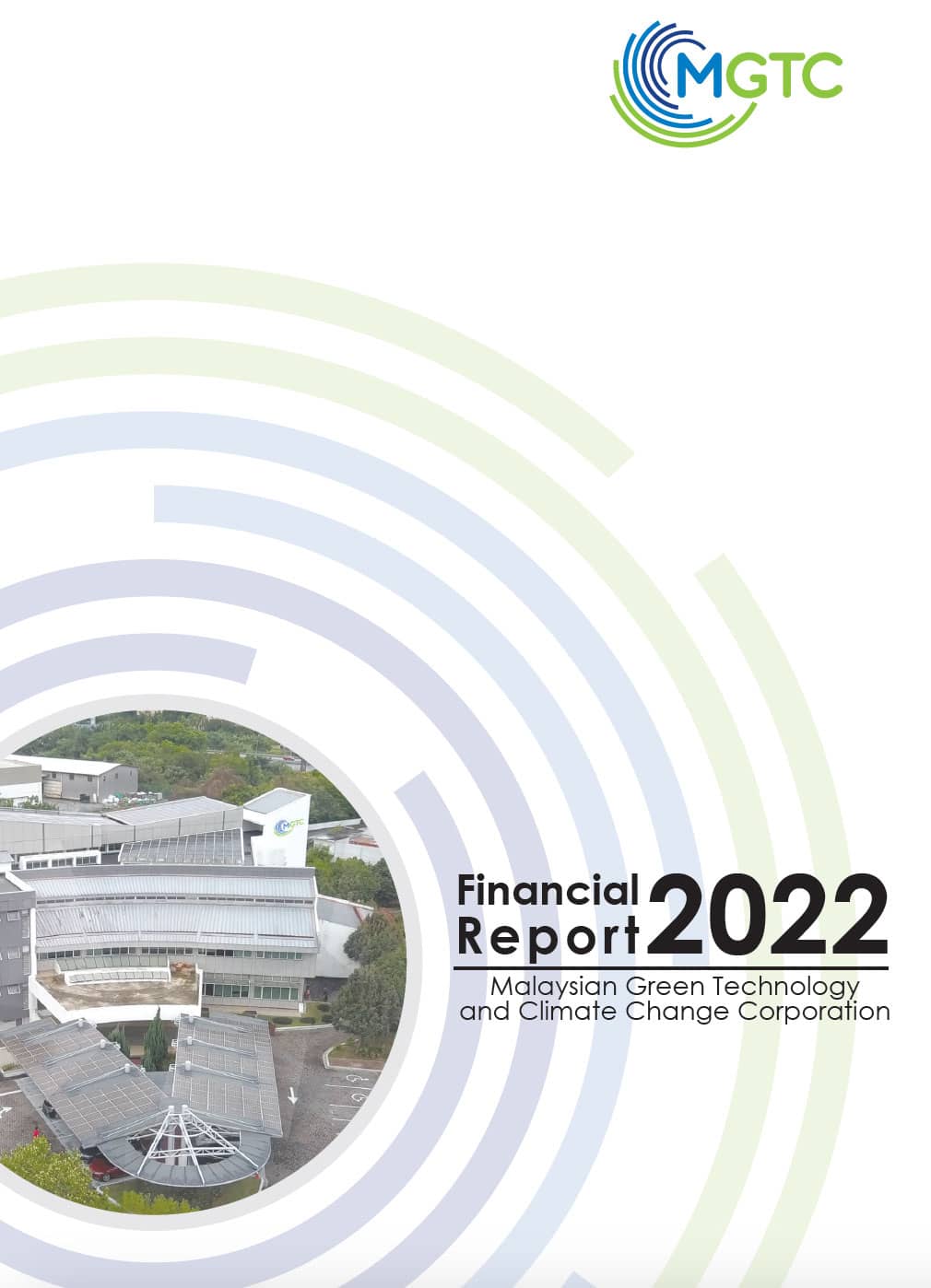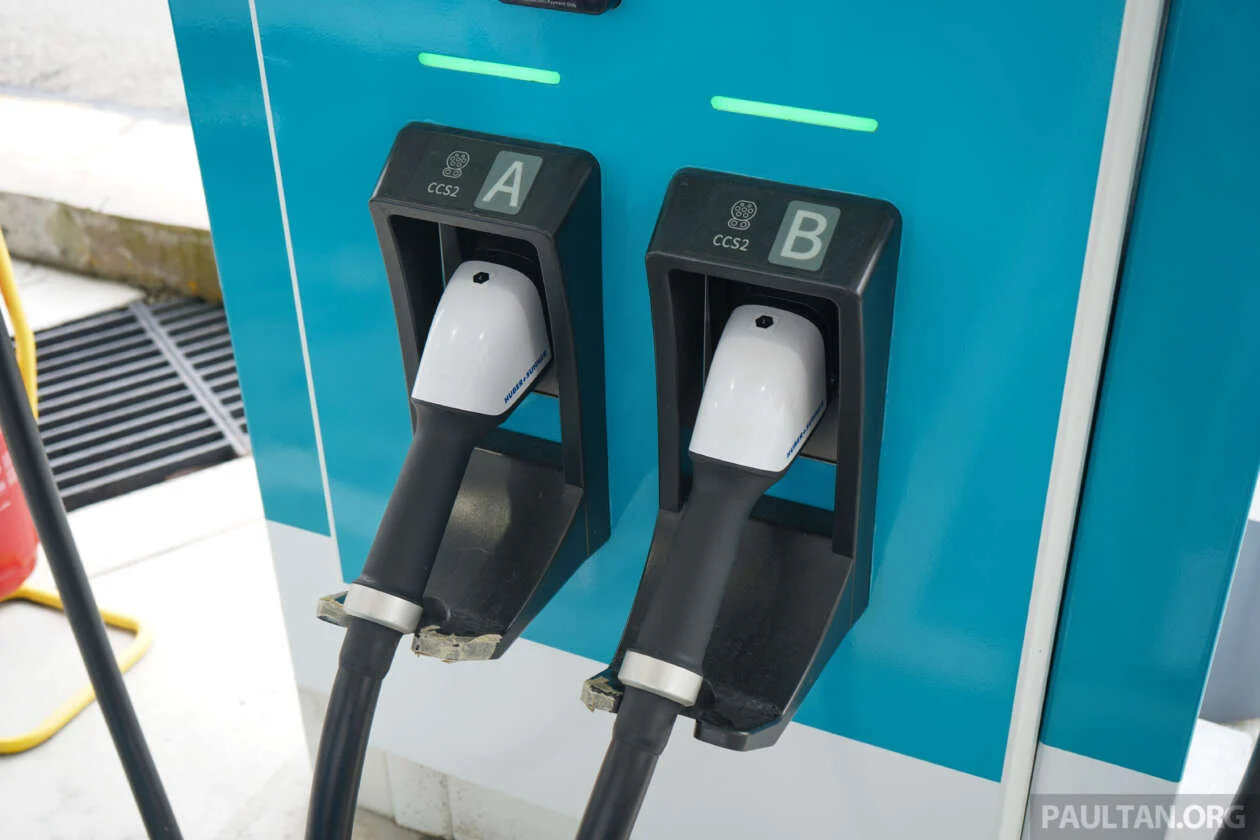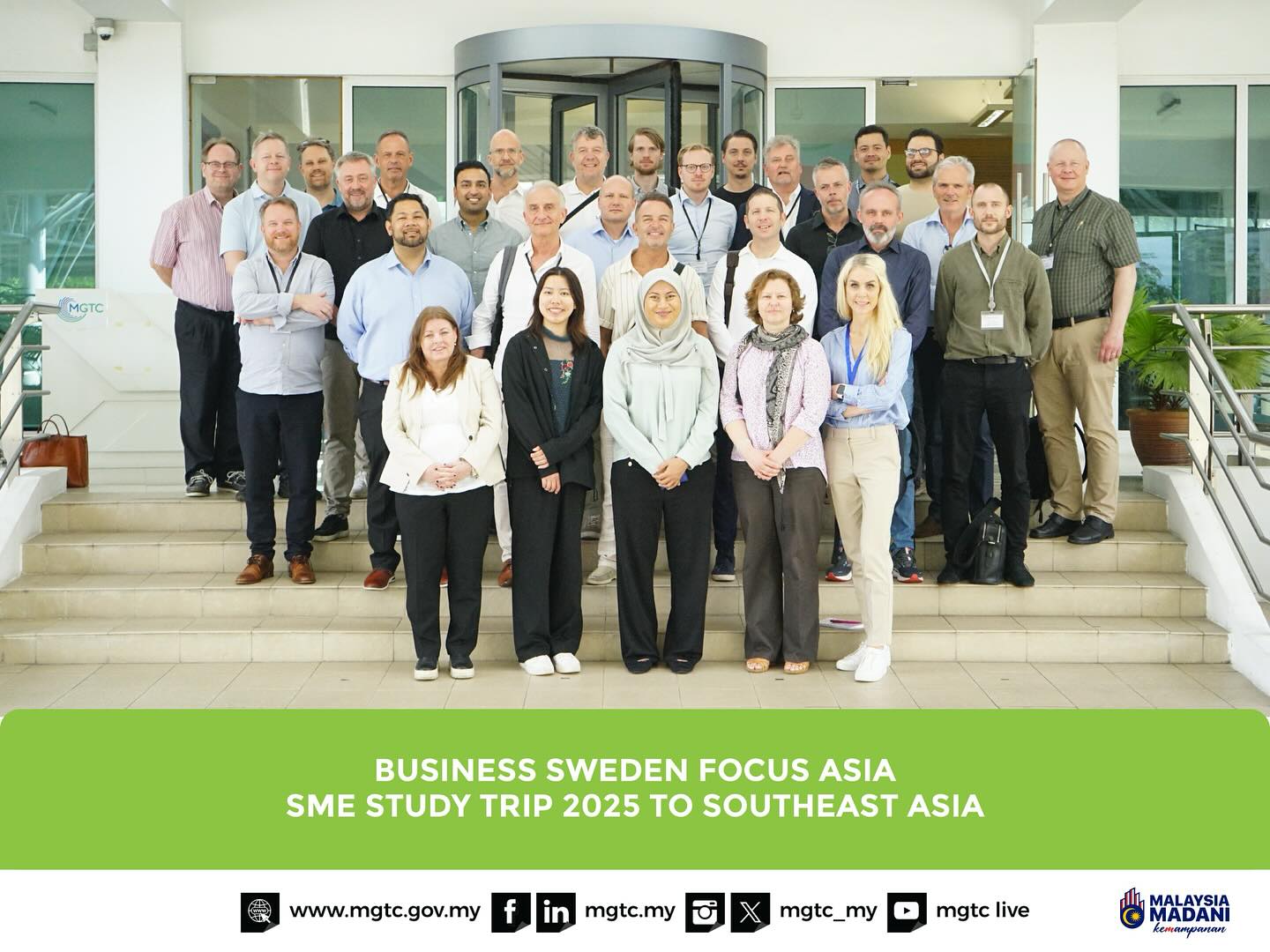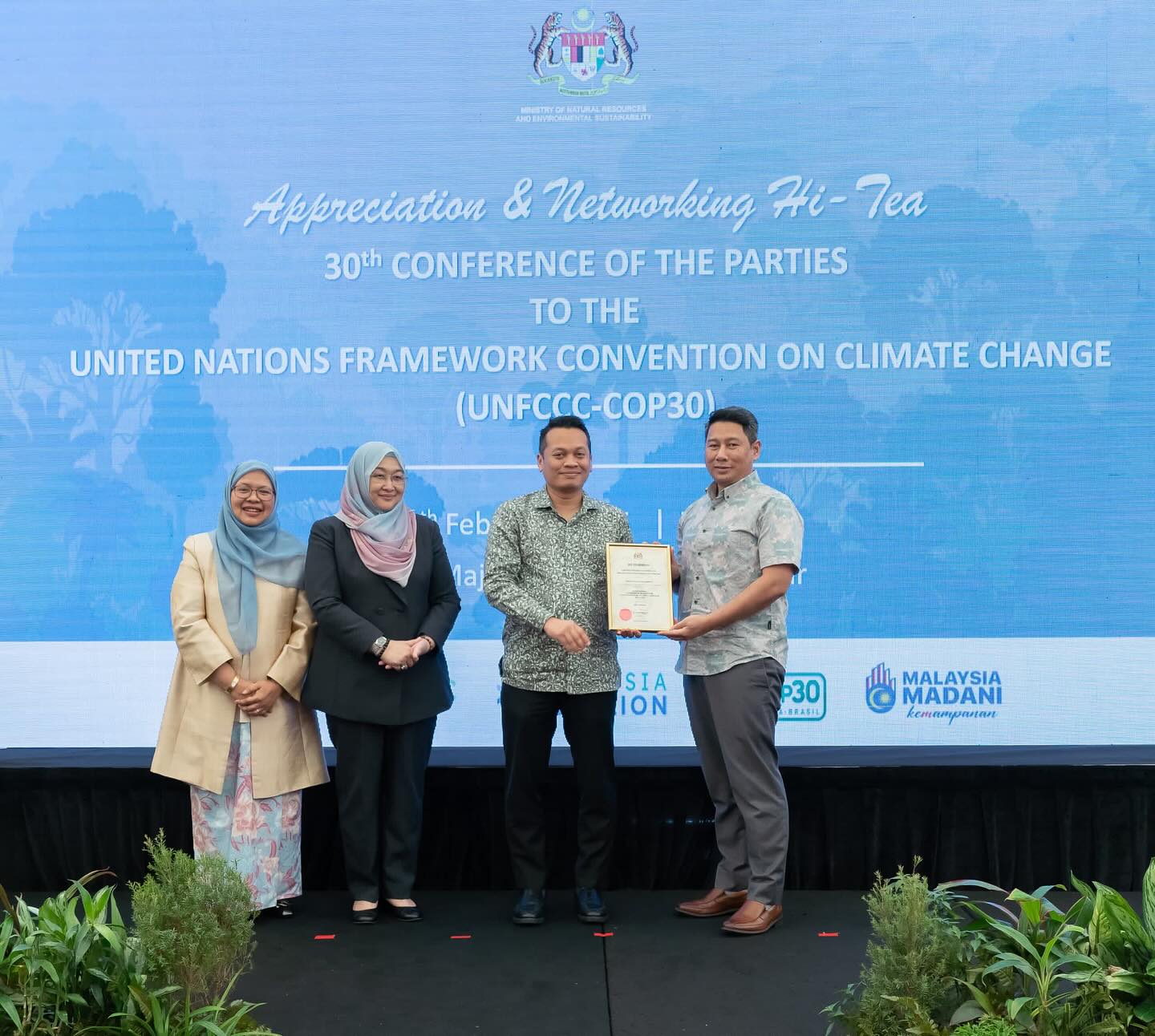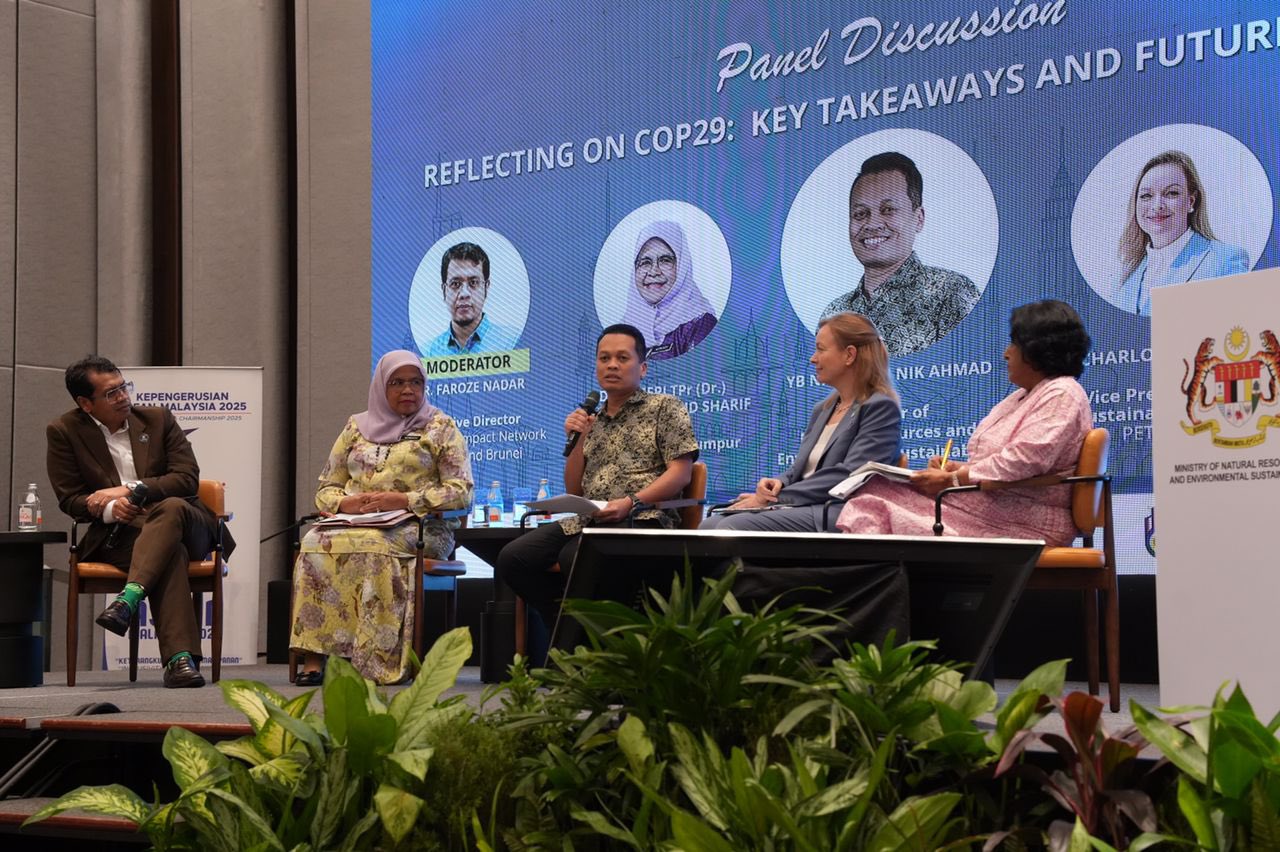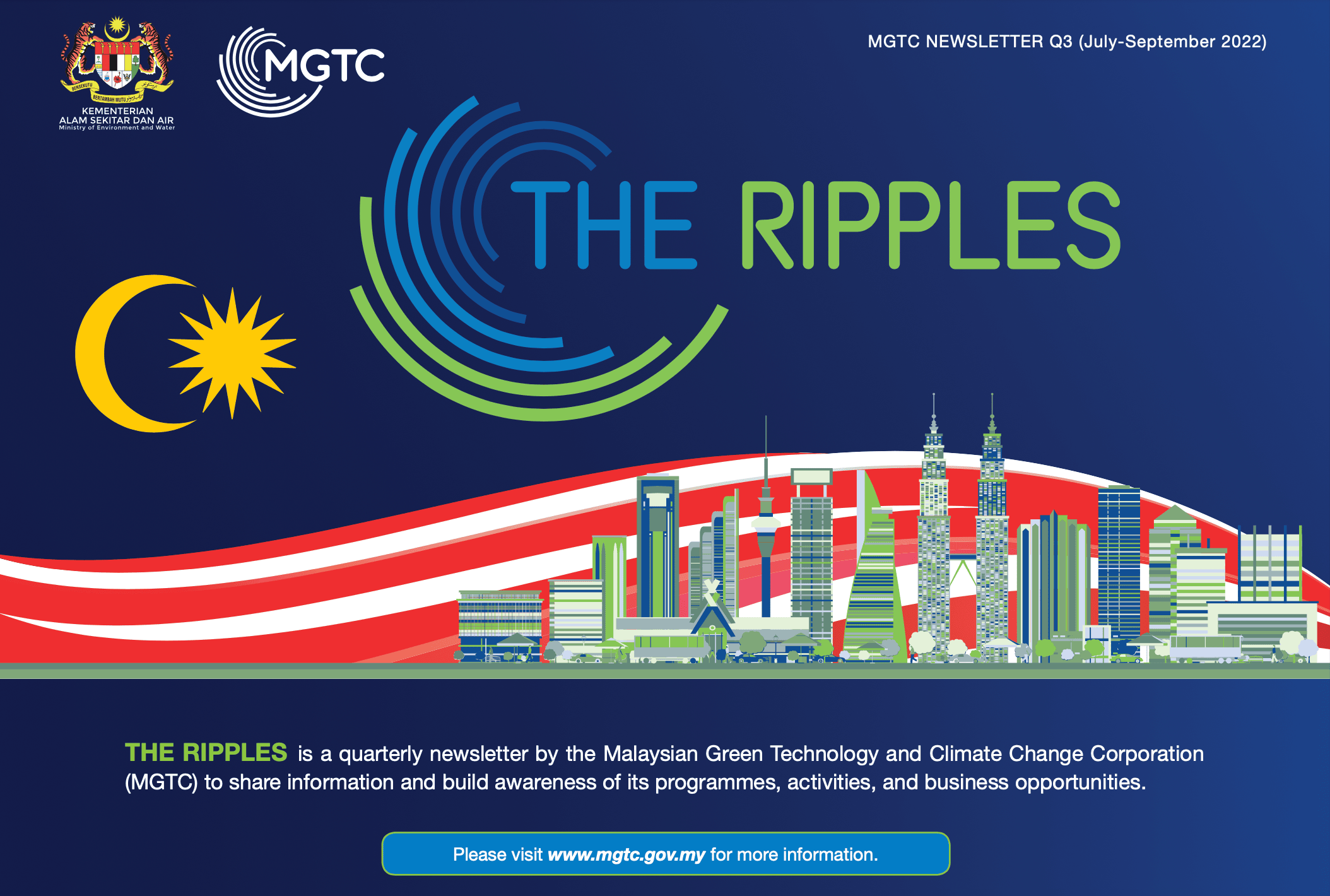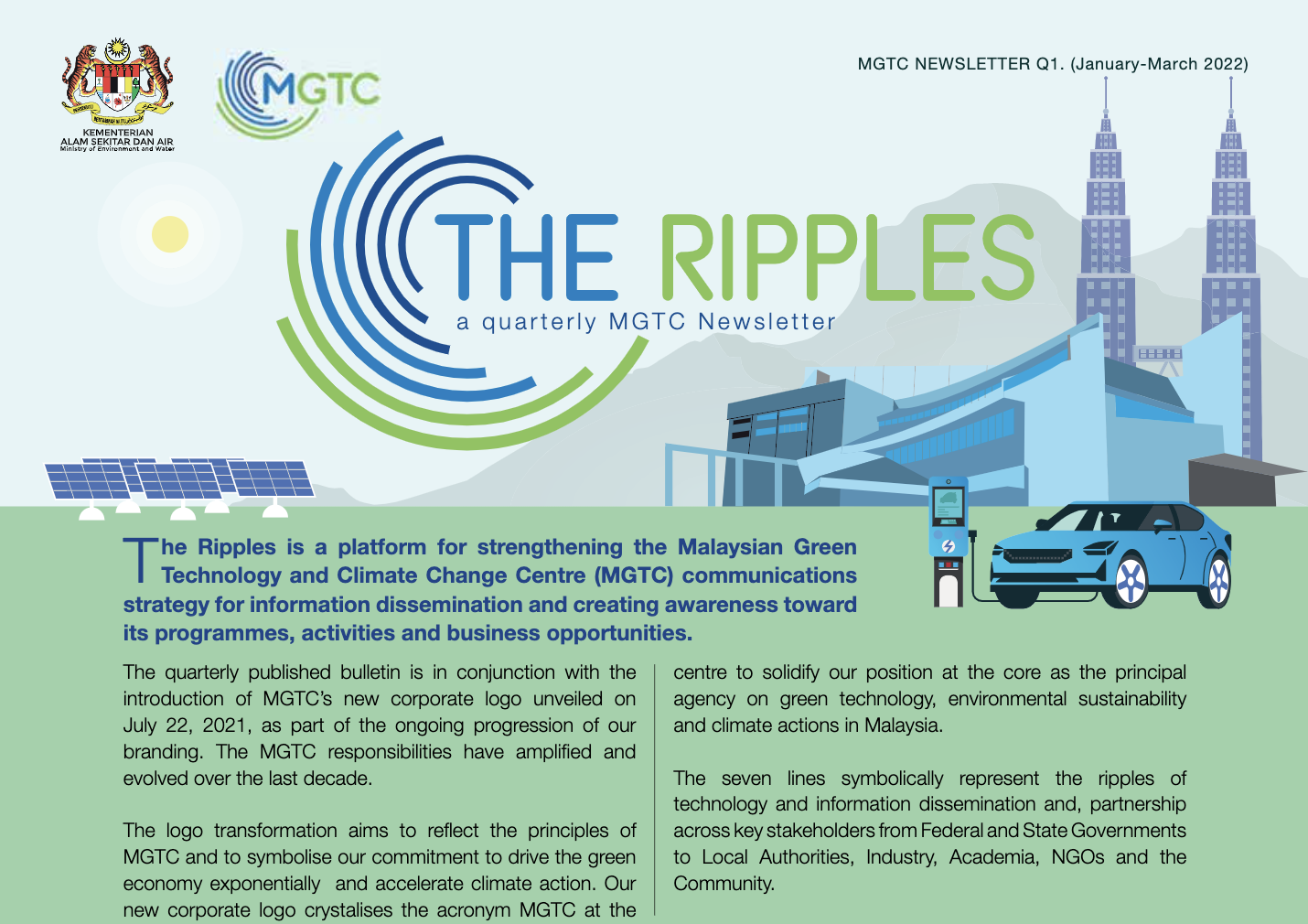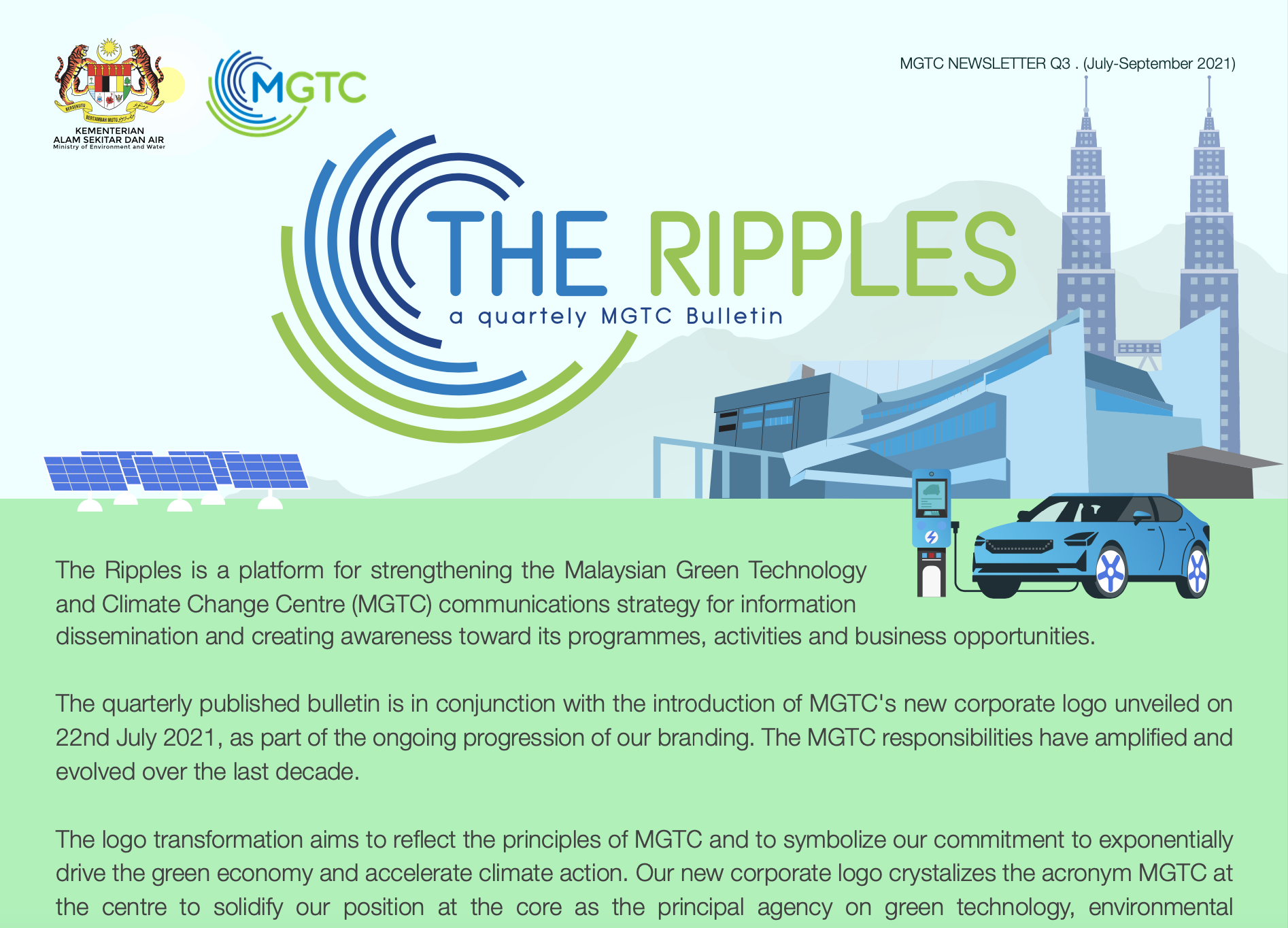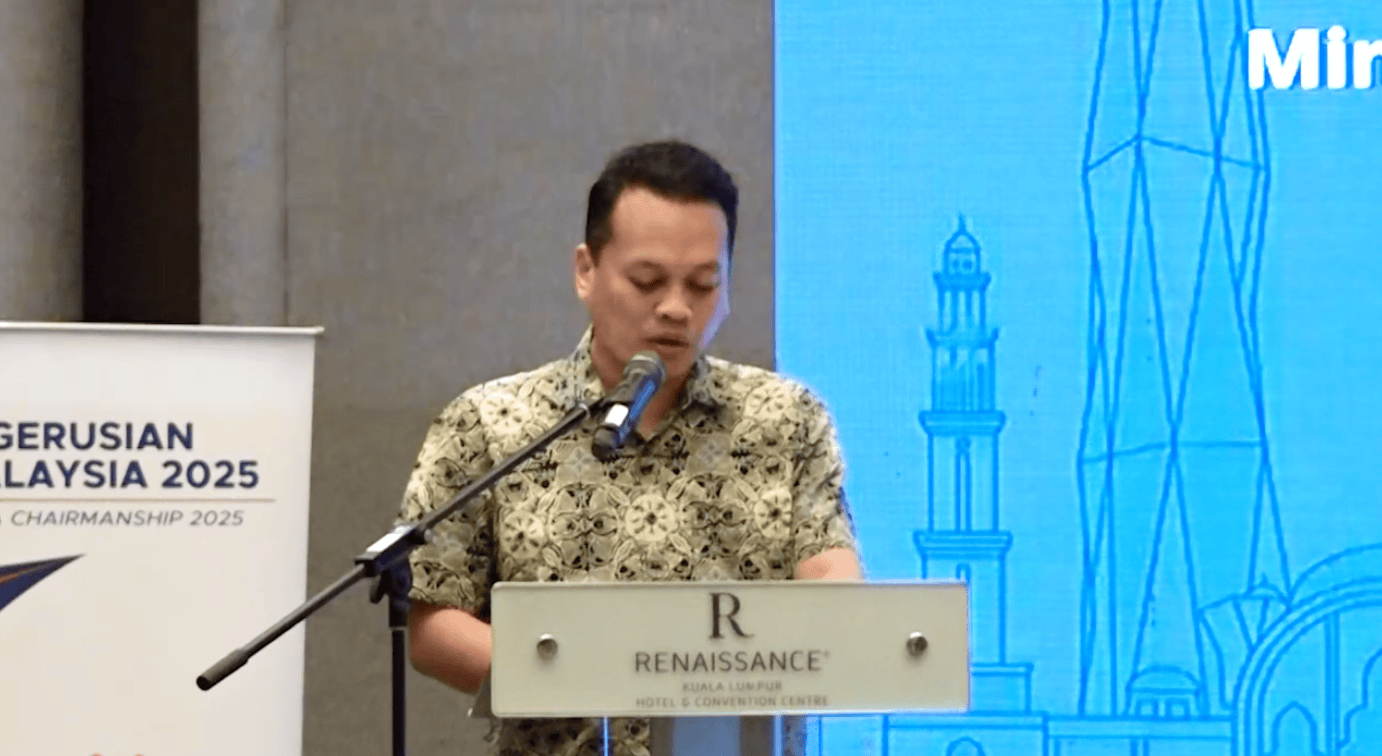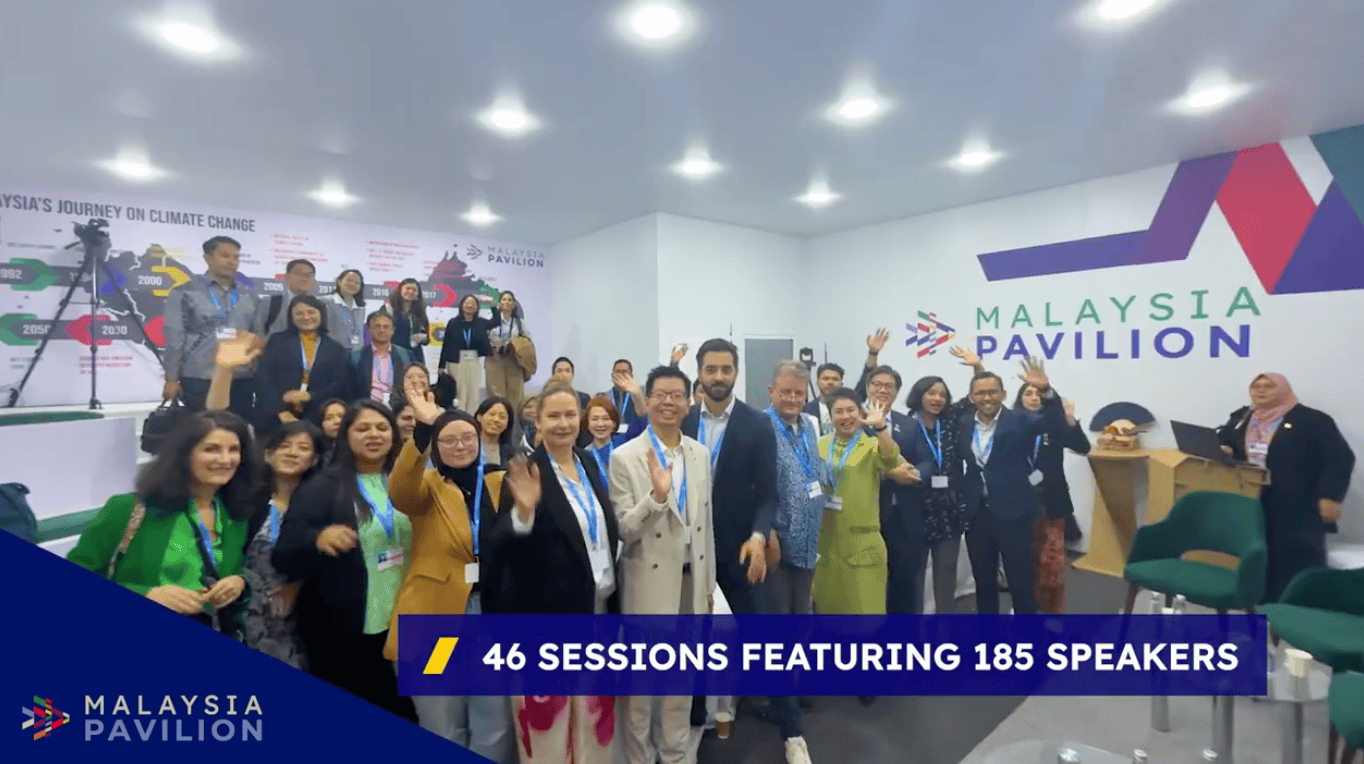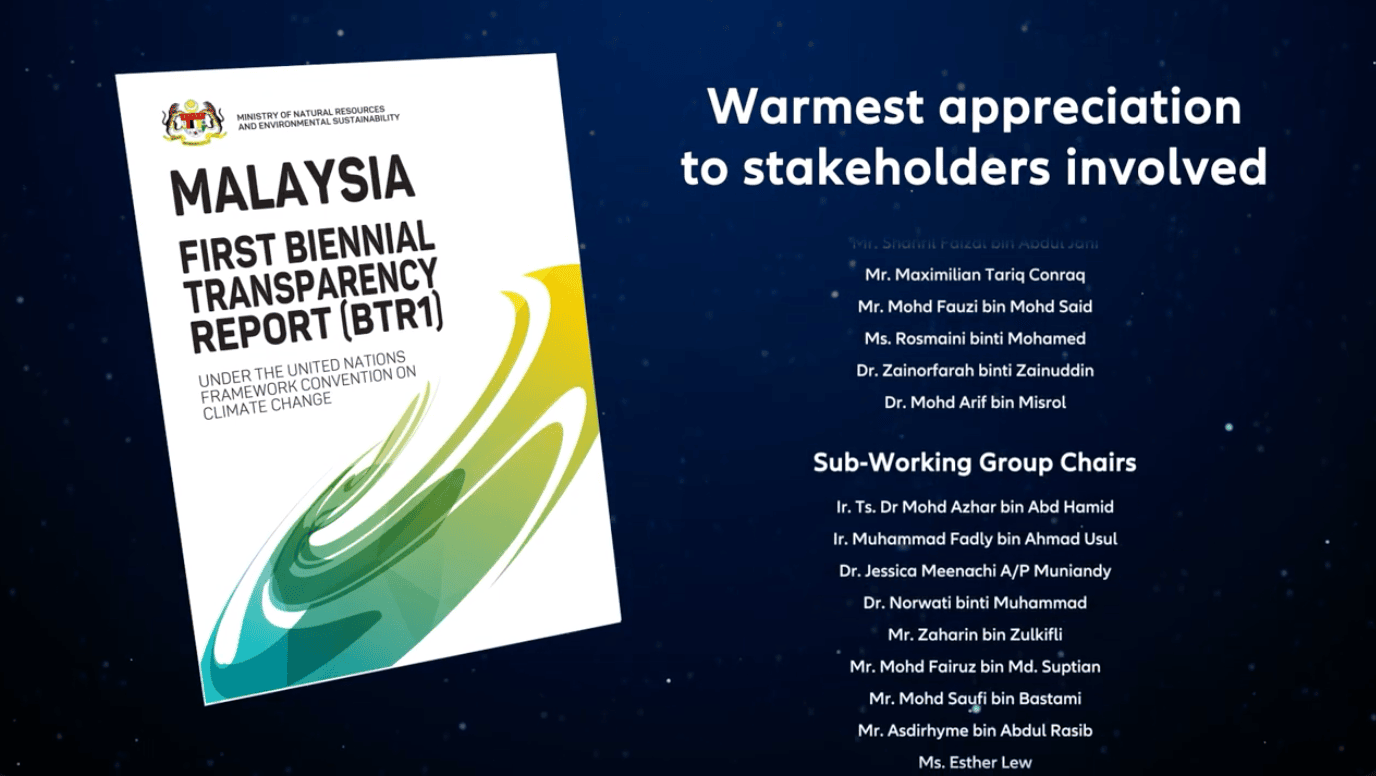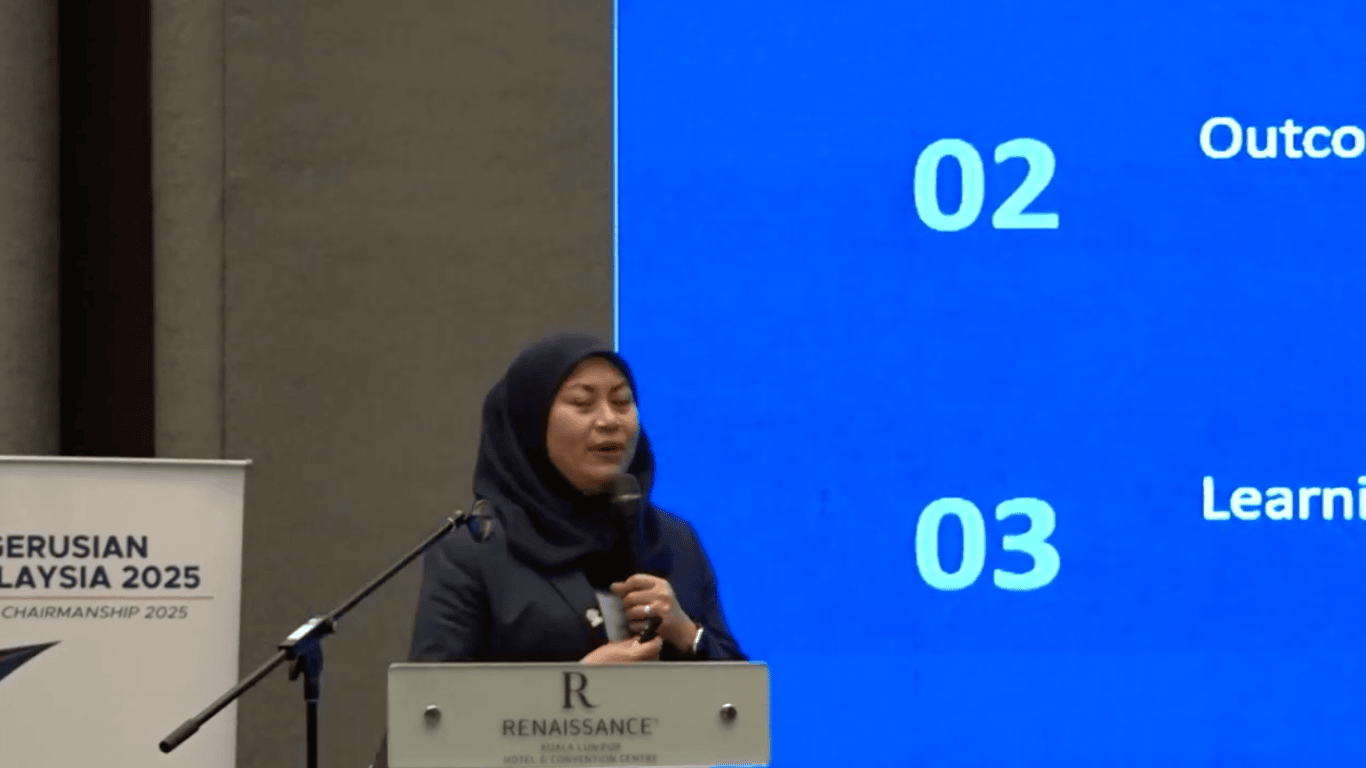
THE government is committed to meeting its target of achieving net zero greenhouse gas emissions by 2050, and as such, is increasing existing funding programmes and extending tax incentives to encourage the adoption of green technology in the country.
Through Budget 2023, it proposes to extend the period to apply for the Green Investment Tax Allowance (GITA) and Green Income Tax Exemption (GITE) to Dec 31, 2025. It also proposes to extend the tax allowance and exemptions from three years to five years.
The green technology tax incentive was first introduced in 2014. Companies seeking to acquire qualifying green technology assets listed under the MyHIJAU directory, or those undertaking qualifying green technology projects for business or own consumption, may apply for the GITA.
Meanwhile, the GITE is available for qualifying green technology service providers listed under the MyHIJAU directory. Through these tax incentives, qualifying companies can get 70% income tax exemptions.
Besides that, the government is also improving the Green Technology Financing Scheme (GTFS) by increasing the guaranteed value to RM3 billion up to 2025, expanding the scope of the guarantee to the electric vehicle (EV) sector with a guarantee limit of up to 60%.
Financing guarantees for the waste management sector will be increased to up to 80% under the GTFS.
Bank Negara Malaysia will also provide RM1 billion in soft loans under the High Technology and Green Facility to support innovative start-ups, as well as RM1 billion under the Low Carbon Transition Facility for small and medium enterprises (SMEs).
Meanwhile, Khazanah Nasional Bhd will provide RM150 million under its Impact Fund to encourage the development of environmentally-friendly projects, including supporting the carbon market and degraded forest restorations.
The government is also driving government-linked companies (GLCs) and government-linked investment companies (GLICs) to support its sustainability agenda.
In this regard, it will launch a sustainability framework that covers the roles of the GLCs and GLICs in its sustainability agenda, as well as set up targets for the organisations to achieve portfolios that are fully compliant with environmental, social and governance (ESG) standards as well as carbon-neutral operations.
The government will also require the GLCs and GLICs to undertake green procurements worth RM330 million to drive its sustainability agenda forward, as well as provide EV infrastructure in the country.
In this regard, Retirement Fund Incorporated (KWAP) says it is particularly keen on ensuring that its investee companies are fully ESG-compliant and focused on carbon-neutral operations.
An example of how the government is using the GLCs to drive its sustainability agenda forward is the setting up of Gentari to pioneer the clean energy industry in the country.
For a start, Gentari — a subsidiary of Petronas — is committed to installing solar panels at government and commercial facilities with a cumulative PV capacity of three megawatt, as well as providing 500 units of EV-charging facilities throughout the country by 2024.
Tenaga Nasional Bhd is also committed to installing rooftop solar panels, as well as providing EV-charging facilities with an investment of RM165 million until 2025 to support the government’s sustainability agenda.
EV incentives extended and expanded
To encourage the take-up of EVs, the government also proposes to extend exemptions on import and excise duties on completely built-up (CBU) EVs until Dec 31, 2024, as well as exemptions on approved permit fees for the import of EVs until Dec 31, 2023.
It also proposes 100% tax exemptions on the statutory incomes of manufacturers of EV chargers, as well as 100% Investment Tax Allowance, from year of assessment 2023 until year of assessment 2032.
The decision to provide tax exemptions on import of CBU EVs is well received by auto industry players, says Malaysian Automotive Association (MAA) president Datuk Aishah Ahmad.
However, she notes that the association had requested for a longer time frame for the exemption, as the volume of EVs is still very small currently, at just 2% of the total automotive industry volume.
Meanwhile, BMW Group Malaysia managing director Hans de Visser says Budget 2023 signals a brand new era for electrified and sustainable mobility in Malaysia, where the future for EVs is bright.
“In our efforts to drive more sustainable and responsible mobility here, we are also grateful to see the forward mindset shared by Malaysians, who have not only welcomed but have also shown great interest and enthusiasm in this new movement, new technology and new innovation,” he says.
The extension of the import and excise duty exemption for fully-imported EVs, alongside incentives for EV-charging equipment manufacturers, are positive implementations, and BMW Group Malaysia believes these will further accelerate the adoption of electrified mobility in the country, he adds.
“As BMW Group Malaysia continues driving forth with our electrification strategies, we look forward to working in tandem with the government and other key stakeholders in creating a brighter, greener future for all Malaysians,” says de Visser.
In the public sector, the government is targeting for 25% green procurement by 2025. To support this, the implementation of green procurements will be expanded to include state and local governments.
Part of building a sustainable ecosystem is through encouraging the take-up of public transport. Towards this end, the government is allocating RM180 million to, among others, improve public bus coverage in Melaka, Kota Kinabalu and Kuching.
Johor-based bus and electric bus manufacturer Gemilang International Ltd has hailed the decision to maintain exemption of EV import taxes until end-2024.
Its chairman and CEO Pang Chong Yong says investment into public buses in Melaka, Kota Kinabalu and Kuching is timely to improve connectivity in these states while promoting the uptake of EV buses as the public bus industry moves towards going green.
“We hope that there will be more initiatives to promote the development of EV buses in Malaysia and to create a green operating environment for the bus industry. We are already collaborating with the state governments of Sabah and Sarawak on the introduction of EV buses within the states, which is currently in the trial stage,” he adds.
While Malaysia has been providing green programmes and incentives for years to reduce its carbon footprint and emissions, the country has yet to have a carbon tax mechanism.
Minister of Finance Tengku Datuk Seri Zafrul Abdul Aziz, during the budget presentation, said the government intends to introduce a carbon tax, and will be examining the feasibility of setting up a carbon pricing mechanism.
To support the implementation of the carbon tax mechanism, the government is providing RM10 million in matching grants to help SMEs prepare for carbon assessment, as well as providing qualifying products for carbon assessments.
All in all, the sustainability agenda and green technology development promotion are apparent in Budget 2023. It remains to be seen whether the measures are sufficient to expedite the implementation and take-up of green technologies and the sustainability agenda to effect change in the country’s socioeconomic ecosystem.
Source : The Edge





